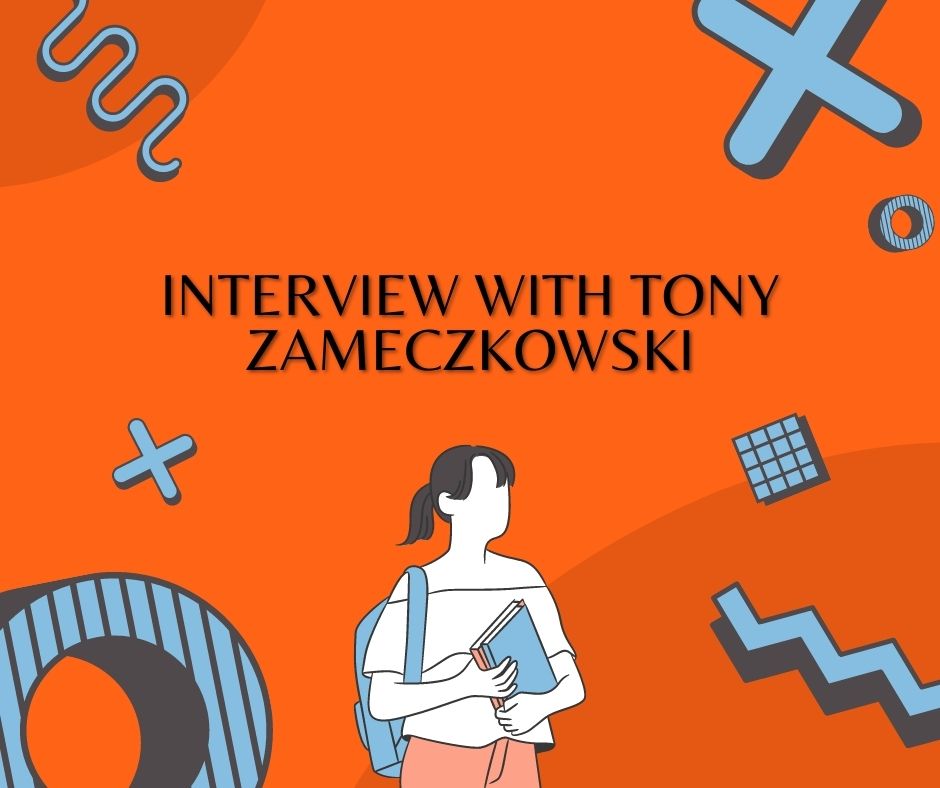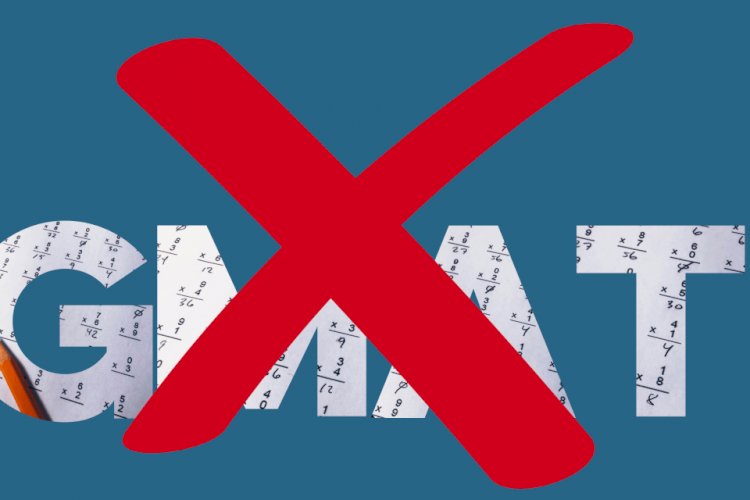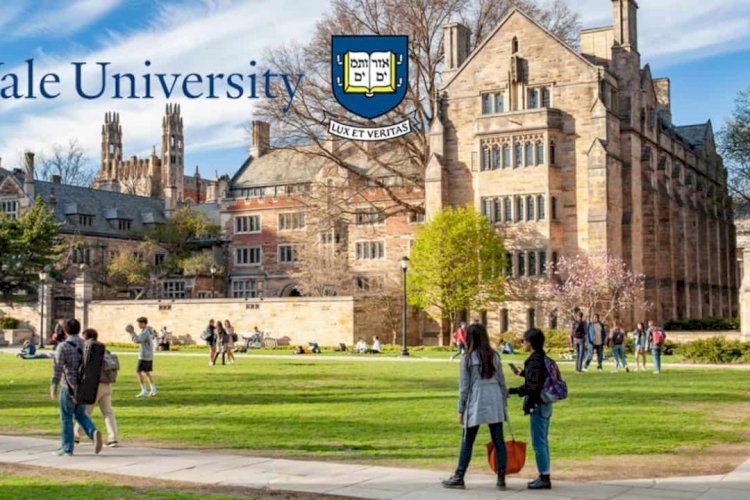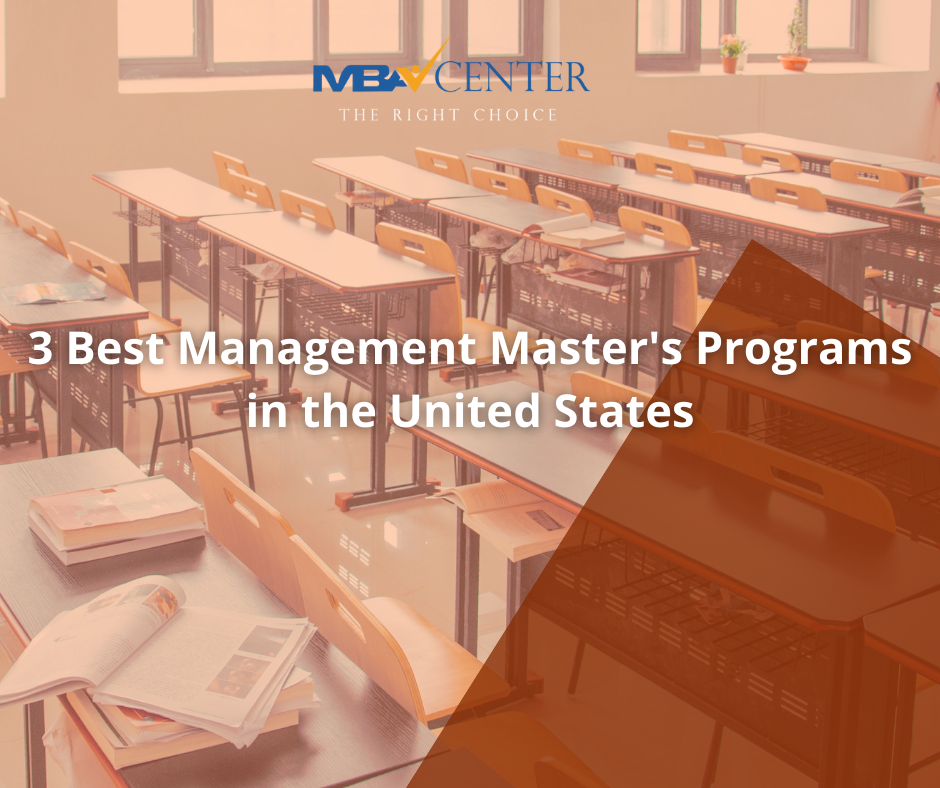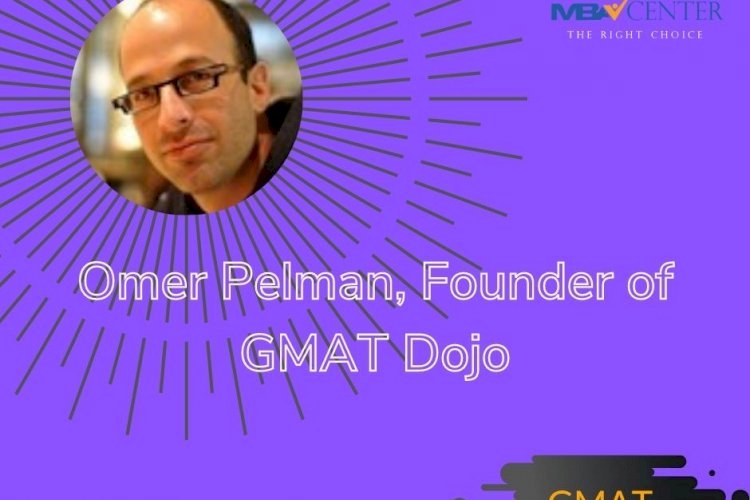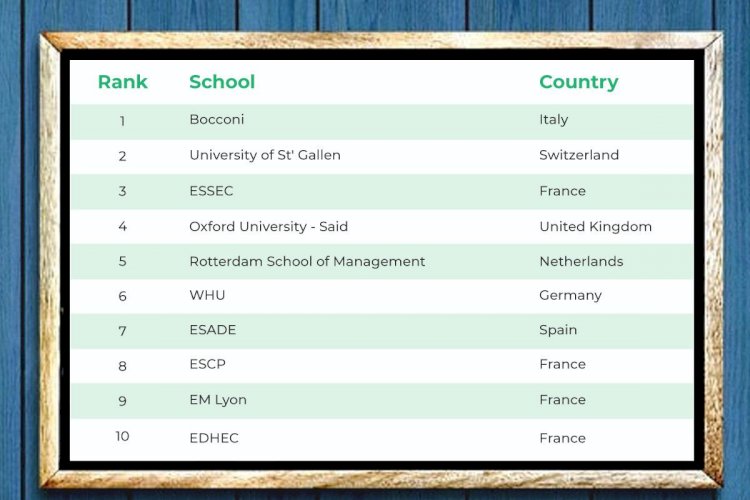
Applicants are asked to answer two main questions within a 1,050-word limit: 650 words for Essay A and 400 for Essay B. Additionally, there are two optional essays regarding candidates' impact and background, which Clear Admit encourages addressing.
Essay A: What Matters Most to You, and Why? (650 words)
Stanford asks applicants to reflect deeply on what matters most to them and explain why. This prompt, a staple for over a dozen years, aims to reveal unique insights about the applicant. A common pitfall is starting with an answer to "what matters most" and then attempting to support it, which can lead to generic responses. Instead, a recommended approach is to work backward:
-List 15-20 significant events, accomplishments, or experiences from your life.
-Identify themes that connect these experiences.
-Select a few diverse items from this list to define your approach and start drafting.
This method helps uncover a theme that resonates and allows you to illustrate it with personal anecdotes, showcasing your unique candidacy. The goal is to let the admissions committee see aspects of your personality, values, and experiences that aren't apparent in other parts of your application. This essay is an opportunity to show what truly drives you and how your life experiences have shaped your perspectives.
Essay B: Why Stanford? (400 words)
This essay asks applicants to describe their aspirations and how Stanford GSB will help achieve them. Unlike other schools' career goals essays, this prompt focuses on the broader impact you aim to make in a sector or society. Connect your response with Essay A to show how your time at Stanford and your career will further what matters most to you. Highlight specific classes, programs, and opportunities unique to Stanford to demonstrate why it's the best fit for you.
When crafting this essay, research Stanford's offerings thoroughly. Mention specific classes, professors, extracurricular activities, or unique programs that align with your career goals. Explain how these resources will help you achieve your aspirations and significantly impact your chosen field. Doing so shows the admissions committee that you have a clear plan and a compelling reason for choosing Stanford.
Optional Short Answer Question A
This optional section invites you to discuss your contributions in more detail, whether professional, extracurricular, or academic. Highlight up to three examples (200 words each) of times you created a positive impact. Detail your actions and their significance to demonstrate your leadership skills and alignment with Stanford's mission to "Change lives. Change organizations. Change the world."
Focus on specific instances where you made a meaningful difference. Describe the context, your role, the actions you took, and the outcomes. This approach demonstrates your ability to lead and effect change and aligns your experiences with Stanford's values. The more detailed and personal your examples, the more compelling your case for admission will be.
Optional Additional Context
This optional question allows you to elaborate on how your background has shaped your recent actions or choices (200 words). Connect this background information to a recent project or situation, reinforcing themes from your other essays.
Use this space to provide context that may not be apparent in the rest of your application. This could include personal challenges, unique experiences, or aspects of your background that have influenced your decisions and actions. Be concise and specific, ensuring that your explanation adds depth to your overall application narrative.
Optional Additional Information
Use this section only for critical information not covered in your application, such as extenuating circumstances affecting academic or work performance. It should be used sparingly to address specific liabilities or unique aspects of your background.
This section is for addressing any significant issues that need clarification. Examples include gaps in employment, low grades, or other personal circumstances that have impacted your academic or professional trajectory. Be straightforward and honest, providing necessary context without making excuses.
 MBA Center Global
MBA Center Global 








